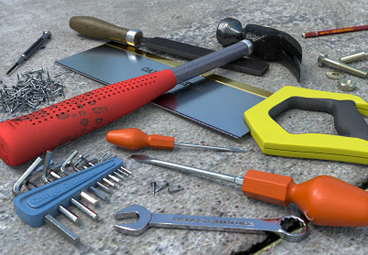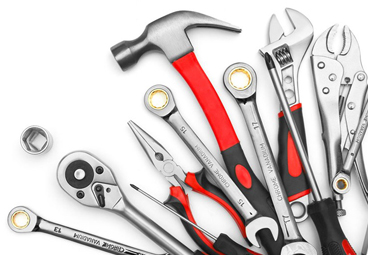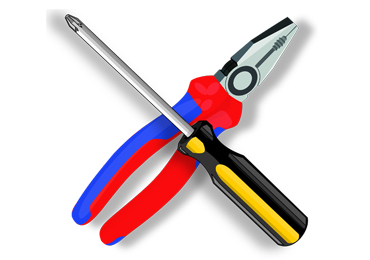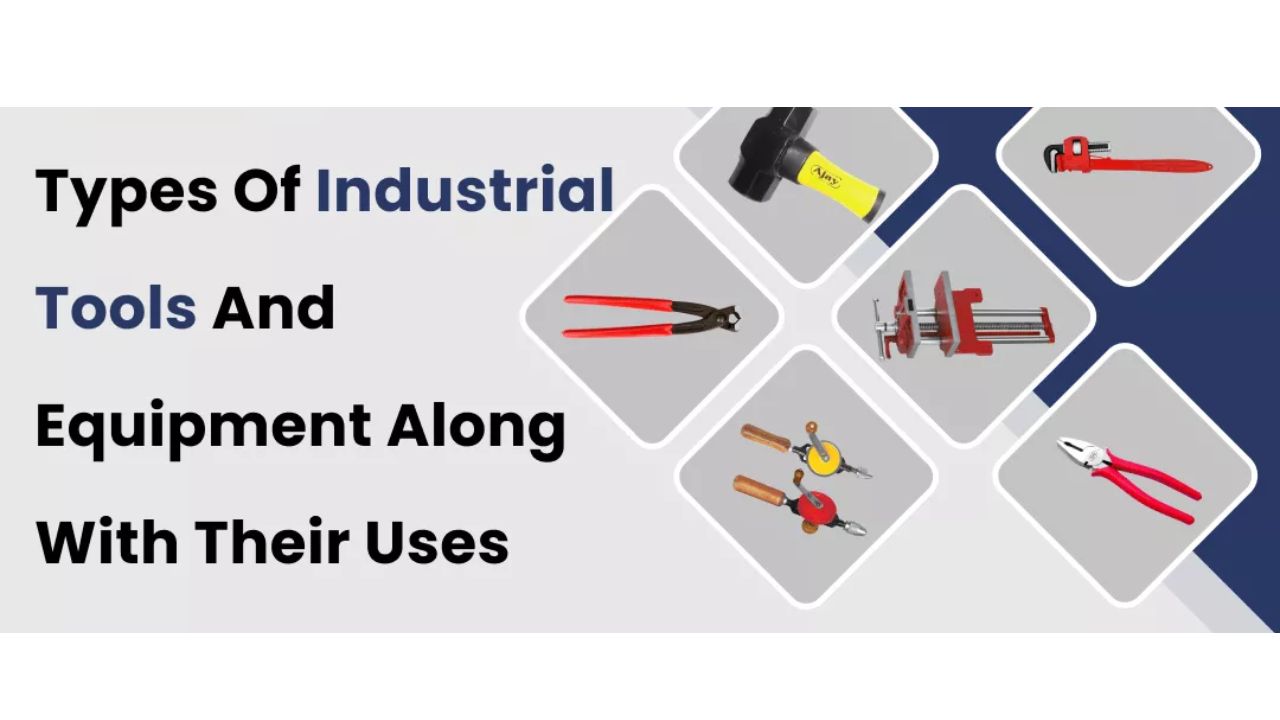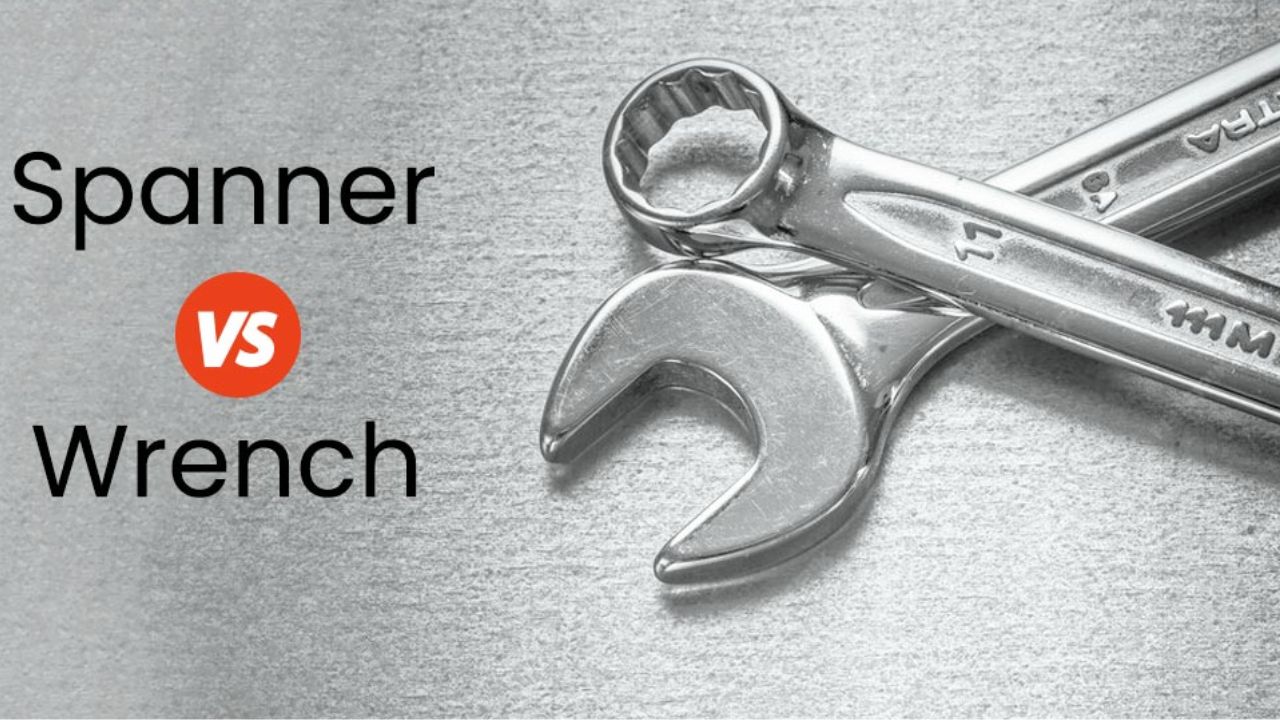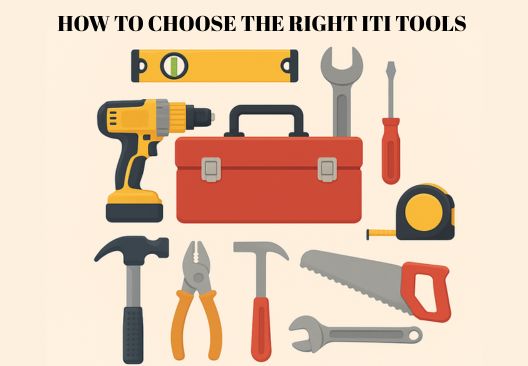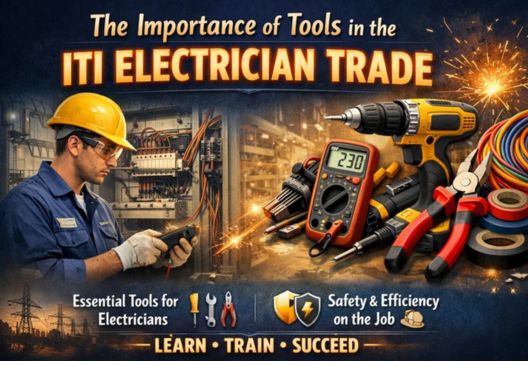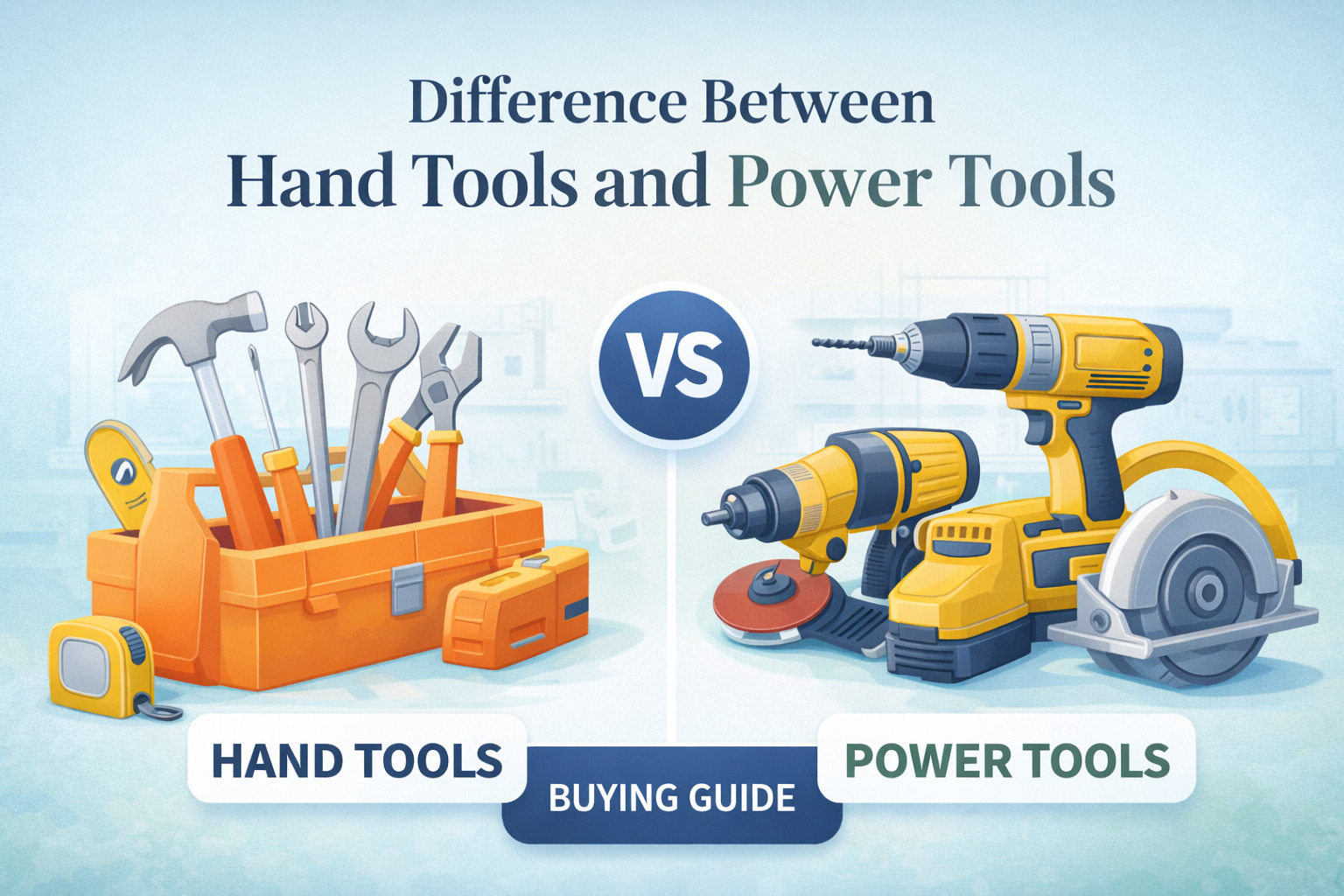- A-6, Main Service Road,New Usmanpur, North East Delhi - 110053
- +91 9069689291
How to Choose the Right Industrial Tools for Your Business
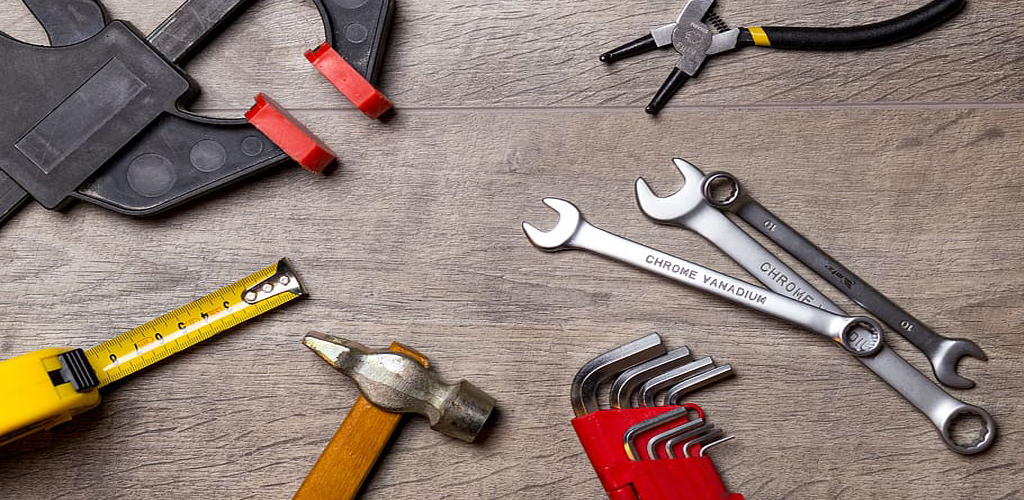
How to Choose the Right Industrial Tools for Your Business
Selecting the right industrial tools for your business is a critical decision that can significantly impact productivity, efficiency, and overall profitability. With a vast array of tools available in the market, making the right choice might seem overwhelming. However, by considering certain key factors, you can ensure that your investment delivers the desired results. In this blog, we’ll guide you through the essential steps to choose the right industrial tools for your business needs.
1. Understand Your Business Requirements
Before purchasing any tools, it's crucial to assess your specific business requirements. Determine the tasks that need to be accomplished and identify the tools that can help achieve them efficiently.
Questions to Consider:
- What kind of operations will the tools support?
- Are the tools required for heavy-duty industrial use or light maintenance work?
- Do you need specialized tools for specific applications?
By understanding your needs, you can avoid over-purchasing or buying tools that do not match your operational demands.
2. Focus on Quality and Durability
Industrial tools often undergo rigorous use, so durability is a key factor. High-quality tools made from robust materials may cost more initially but provide long-term value by reducing maintenance costs and minimizing downtime.
Why Choose High-Quality Tools?
- Longevity: Well-built tools have a longer lifespan.
- Safety: Quality tools reduce the risk of accidents.
- Efficiency: Reliable tools enhance productivity by performing consistently.
Always look for tools from reputable brands known for durability and performance. Check for industry certifications and standards compliance to ensure quality.
3. Consider Your Budget
While quality is essential, budget constraints are also a reality for most businesses. It’s important to find a balance between cost and quality.
Budgeting Tips:
- Set Priorities: Allocate a higher budget for essential tools.
- Compare Prices: Research different suppliers to find competitive prices.
- Consider Financing Options: Leasing or financing options can help manage upfront costs.
Investing in tools with the best value for money will ensure you get the performance you need without overspending.
4. Evaluate Tool Efficiency and Performance
Tools that offer advanced features, better ergonomics, and enhanced performance can significantly improve efficiency in your operations. Consider tools with smart technology, automation features, and IoT integration where applicable.
Key Performance Indicators:
- Speed and Precision: Tools that increase the speed of work while maintaining accuracy.
- Ease of Use: Ergonomic designs that reduce fatigue and improve handling.
- Energy Efficiency: Tools that consume less power and reduce operational costs.
5. Safety Features and Compliance
Safety should be a top priority when selecting industrial tools. Choose tools that come with built-in safety features and comply with industry safety standards.
Safety Considerations:
- Protective Guards: Tools with guards to prevent accidents.
- Automatic Shutoff: Devices that turn off during malfunction.
- Certifications: Look for CE, OSHA, and ISO certifications.
Implementing safety measures not only protects your workforce but also enhances productivity by reducing downtime due to accidents.
6. Assess After-Sales Support and Warranty
Reliable after-sales support can make a significant difference in maintaining the longevity of your tools. Choose suppliers that offer robust customer service, including training, maintenance, and repair services.
Why After-Sales Support Matters:
- Ease of Maintenance: Access to spare parts and service technicians.
- Warranty Coverage: Provides security against manufacturing defects.
- Technical Support: Assistance with troubleshooting and repairs.
A strong warranty and support policy can save you money and time if issues arise.
7. Read Reviews and Get Recommendations
Before finalizing a purchase, read product reviews and seek recommendations from other professionals in your industry. Real-world feedback can provide insights into the performance and reliability of the tools.
Where to Find Reviews:
- Online Forums and Industry Groups: Get insights from experienced professionals.
- Product Reviews on E-commerce Sites: Check verified buyer feedback.
- Supplier Testimonials: Learn about the reputation of suppliers.
Gathering diverse opinions will help you make a well-informed decision.
Choosing the right industrial tools requires a strategic approach that balances quality, cost, safety, and efficiency. By thoroughly understanding your business needs and conducting diligent research, you can select tools that not only enhance productivity but also provide long-term value.
When investing in industrial tools, remember that the right choice can lead to improved operational performance, cost savings, and a safer work environment. Take your time, evaluate all options, and make informed decisions to set your business on the path to success.

